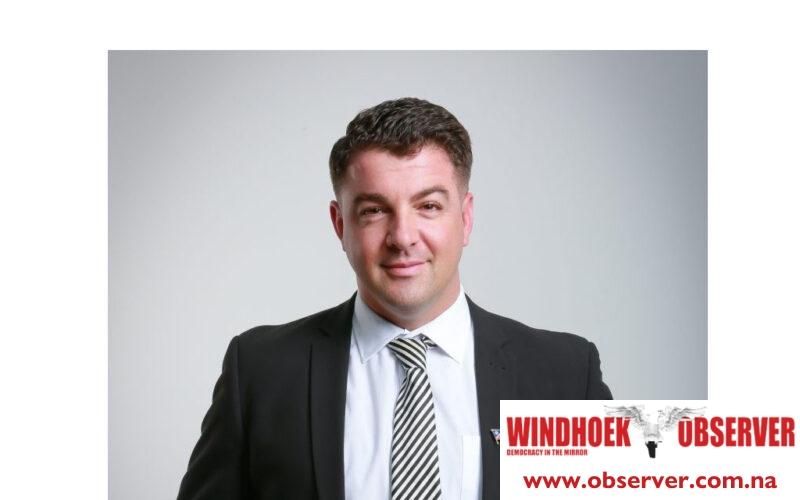Allexer Namundjembo
Deputy minister of education, innovation, youth, sports, arts and culture, Dino Ballotti has called for the formalisation of cultural entrepreneurship.
He says this move will help unlock economic opportunities and promote sustainable development.
Speaking at a recent training workshop for cultural entrepreneurs in the cultural heritage sector held in Swakopmund, Ballotti said the country’s rich cultural heritage can support livelihoods and contribute to the national economy when used effectively.
“We must formalise the hustle. Why are we afraid of formalisation?” he asked.
“Formalisation is key to accessing finance, mentorship, and markets which are essential for scaling and sustaining our creative and cultural enterprises,” he added.
He urged cultural entrepreneurs, many of whom operate informally, to register and grow their businesses.
“When people ask you what you do, respond proudly: ‘Ek maak geld’—‘I make money,” he said, encouraging a mindset shift that embraces cultural work as a serious economic activity.
He pointed to the Arts, Heritage and Culture Policy, which recognises culture as a key part of sustainable development.
He announced that the cultural and creative industries have now been included as a strategic priority under the Sixth National Development Plan (NDP6).
President Netumbo Nandi-Ndaitwah is expected to launch ND6 today.
“This is the government’s commitment to place culture at the centre of economic transformation,” Ballotti said.
He praised institutions like FNB and DBN for supporting micro, small, and medium enterprises.
“I encourage all entrepreneurs here to engage meaningfully with these financial partners and explore the opportunities available.”
Ballotti also called for stronger collaboration between government, the private sector, and communities to build an environment where cultural businesses can grow.
“When culture thrives, communities flourish, jobs are created, and the soul of our nation is sustained,” he said.
He urged educators to teach culture as more than just history, encouraged young people to explore creative ventures, and called on leaders to view cultural investment as a national priority.
“Cultural entrepreneurship is not merely about business. It is about empowering Namibians to tell their stories, grow their enterprises, and contribute meaningfully to our nation’s growth and identity.”
The Swakopmund follows the first national cultural entrepreneurship forum held in 2023 which also focused on linking the country’s heritage and economic development.




